‘Brexit changed everything’: revisiting the case for Scottish independence | Books
Val McDermid
Some time before Donald Trump lied his way into the White House, the Scottish people were the victims of their own Big Lie. Ahead of the 2014 independence referendum, the Unionist campaigners told us time and time again that the only way we could continue to be part of the European Union was to remain within the United Kingdom.
We were quite fond of the EU, here in Scotland. We’d spotted all those signs by the vastly improved roads in the Highlands and Islands that told us the EU and Scottish government had jointly funded them. We’d noticed that most of the young people running our bars and restaurants and hotels were able to boost our tourism trade because of EU citizens’ freedom of movement. We had seen startup businesses owned by European immigrants employing local people, often in areas of low employment. I’d certainly noticed that Scotland had become a more outward-facing country. In my own corner of the cultural landscape, I’d seen how we Scottish crime writers aligned ourselves with our Scandinavian counterparts.
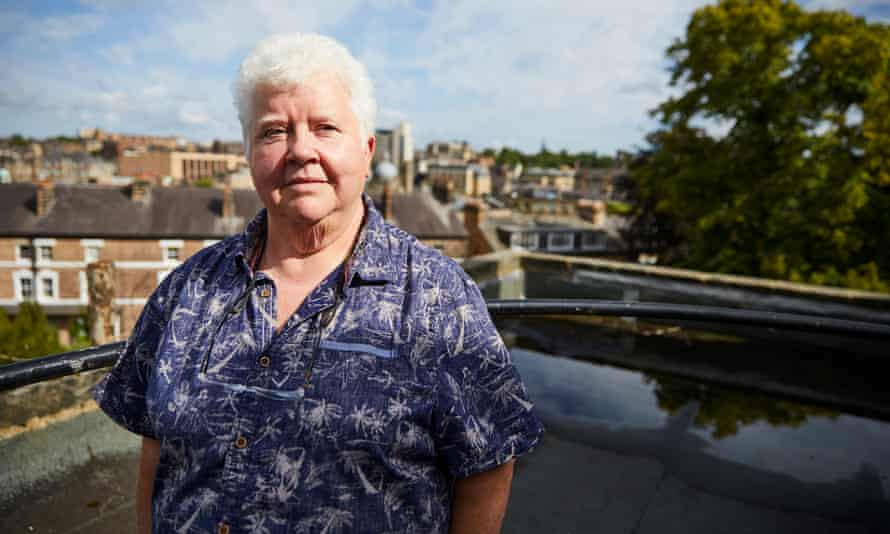
Along with other lies such as “no more state pension for the elderly”, the Big Lie was told so often and with such conviction that many voters lost their nerve and changed their minds about voting for independence. I have little doubt that they were among the 62% of Scots who voted to remain in the EU a scant two years later. Every electoral region in Scotland voted to stay, and the Big Lie was comprehensively exposed.
If anyone had missed the point, the subsequent omnishambles – or clusterbourach, as we prefer to call it – that was laughingly called a Brexit negotiation drove it home with even greater force. The Westminster government staggered over the line without consulting any of the other three “partners” in the UK. Leaders of the devolved administrations in Scotland, Wales and Northern Ireland were comprehensively sidelined, even on issues that affected them directly. And it’s only grown worse since.
It would be easy for me to rail against all the failures and corruption of Boris Johnson’s government. The lies, the cronyism, the cynicism about the rule of law, the self-indulgence, the bizarre conviction that Great Britain is still a world power. To say an independent Scotland would do better than that is to set the bar embarrassingly low.
When talk turns to independence in the company I keep, it’s clear that people imagine a small country whose ambitions are to make life better for its citizens. A fairer, more civil society where integrity is prized more highly than image. We’ve still got a long way to go to realise those aspirations, but ambition and hope and imagination are powerful currencies.
It took me a long time to make my mind up before I decided to vote “Yes” in the 2014 referendum. I based my decision then on the choices Scots had made for themselves with the limited powers they’d had since 1999. There is still a lot to do to make this the country I’m satisfied with. But nothing has changed my conviction that we’ve got a far better chance of getting there if we unshackle ourselves from the Big Liars.
Val McDermid’s new thriller 1979 is published by Little, Brown in August.
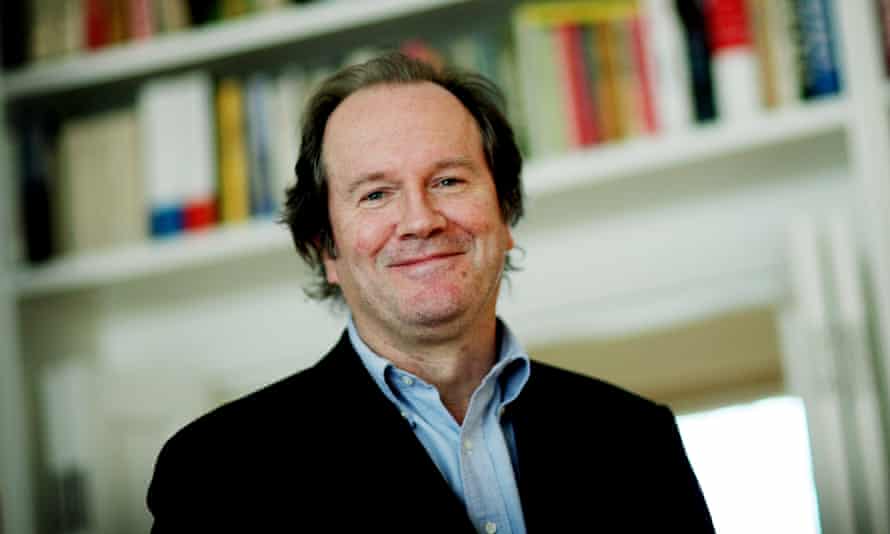
William Boyd
“When the facts change, I change my mind,” John Maynard Keynes is believed to have said. We are all aware of the dilemma. In 2014 I would have voted against Scottish independence, had I been allowed, but being part of the Scottish diaspora I was disenfranchised along with countless others. However, since 2014, the big, unignorable, overweening fact that has changed everything is Brexit. Consequently, the concept of an independent Scotland becoming part of the EU is very alluring to an ardent Scottish remainer. To be able to reclaim that maroon passport and travel and work freely through greater Europe would be a return to a world that I was bitterly sorry to be compelled to leave.
But there is no charge for pie in the sky. Just as my vote against independence in 2014 would have been driven by the economic arguments against independence, so too my scepticism about Scotland being able to join the EU is informed by a similar pragmatism. In 2014, George Galloway described the SNP’s depiction of a Scottish economy driven by North Sea petrodollars as “moonshine”. Global oil prices today are a third lower than they were in 2014 and I rather fear a new bright moonglow is illuminating the idea of Scotland independently joining the EU. Just as Brexit was fuelled by a neo-imperialist, faux-historical dream of English pluck and singularity, so too the idea of Scotland as a new mini-member of the European community seems inspired by similarly fantastical notions. Wouldn’t Spain and France, to name but two, instantly deploy their veto, thinking of their own potent independence movements in Catalonia and Corsica?
And what about the other weighty considerations that real independence would bring into play? The NHS, tax revenue, broadcasting, central banking, hard borders, for example. What would be the post-independence currency? The euro, the pound – or the scotia? That decision has massive ramifications, not yet thought through. It seems to me that, as with Brexit, selling any nation a destiny that is based on emotion rather than coherent, verifiable and falsifiable argument is very, very dangerous. Brexit became a kind of blind faith to its initiates. To try to sway someone from voting for Brexit was as vain an effort as to try to persuade someone who believed devoutly in god to become an atheist. The two sides were speaking in different languages.
It’s very much the same when the conversation is meant to be about an independent Scotland. Much as I can relish the hypothesis of an independent Scotland being part of the EU, I have to file it under “wishful thinking”. It’s no crime to think wishfully, but in the real world, wouldn’t it serve the nationalist cause best to go for Devo-Max-Extra-Plus – for something that might be feasible in the current climate? And then wait patiently for the inevitable day when the United Kingdom comes to its senses and asks to rejoin the European Community once again.
William Boyd’s latest novel Trio is published by Viking.
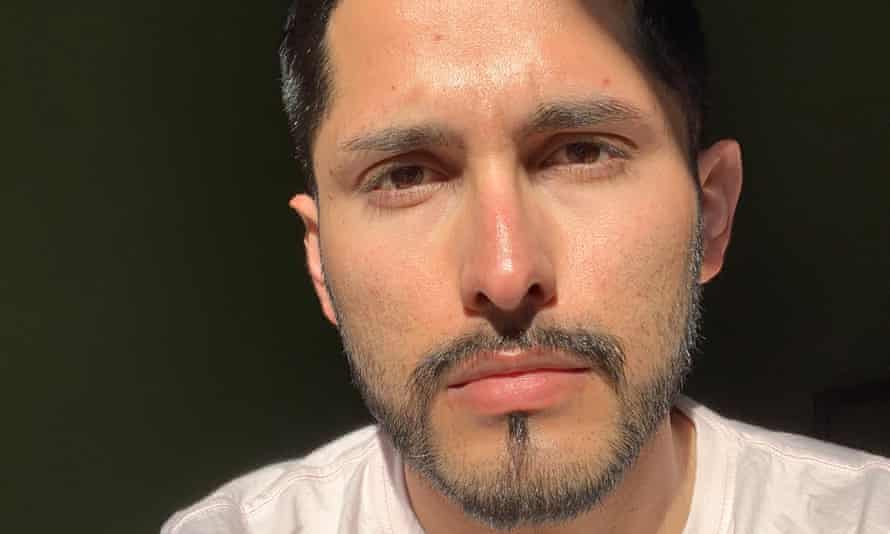
Andrés Nicolás Ordorica
What would it mean to be the youngest of nations? Independent, freshly declared by the majority’s will. What would it mean to be charged with a new order? Freedom to decide what works and what doesn’t, for the people and by the people. How would that Scotland look?
Ever since I met my Scottish partner, two years before the 2014 referendum, I’ve been intrigued by the idea of an independent Scotland. My views have been shaped by passionate chats with in-laws and on Edinburgh streets, marching for the right to self-determination. I was born into a family of immigrants who traversed the US-Mexico border in the 1960s to start a new life. When I was in my 20s, I chose to forge my own path further afield. I quickly learned how the immigrant’s journey is a fraught Escher climb towards belonging. That understanding is what helps me to dream of a better future for the place I call home.
I dream of a future Scotland that continues to uplift all its citizens, where xenophobia, transphobia, ableism and racism have no place. A society that supports the most in need with tangible change: from safe affordable housing to the prioritisation of renewable energies. I dream of a Scotland that is a welcoming home for all, whether your family history has only ever known Scotland or whether, like me, your connection is still in its infancy. For these dreams to become more of a reality, we need independence.
In his poem “The Second Life”, the former Scots makar Edwin Morgan asks: “Is it true that we come alive / not once, but many times?” I’ve ruminated on that question for a while now. It feels apt both for what it means to be an immigrant, and what it means for a future Scotland. Nothing is ever fixed, and all things move on. Those opposed to a referendum tell us the 2014 vote was “once in a generation”, but so much of recent history has rightly renewed fervour for independence. The desire for sovereignty doesn’t just die away. Like the immigrant, whole societies have a right to start afresh if it is the majority’s will. Independence offers a moment for Scotland to come alive.
There is an understandable fear that pervades the “No” and “Maybe” camps, worries about what we’d lose. But it is what we might gain that makes it a struggle worth fighting. The end of Tory rule over a country that has rejected its politics since the 1950s. More humane immigration policies. Closer links to our friends in Europe. Nuclear disarmament.
Morgan goes on to say: “A great place and its people are not renewed lightly.” There is a deep truth in this sentiment. An independent Scotland is not the easy option, but this is the path I choose to walk along. Because as an immigrant in Scotland, I understand that great things can come from taking the brave leap into the unknown.
Andrés Nicolás Ordorica is a poet and writer.
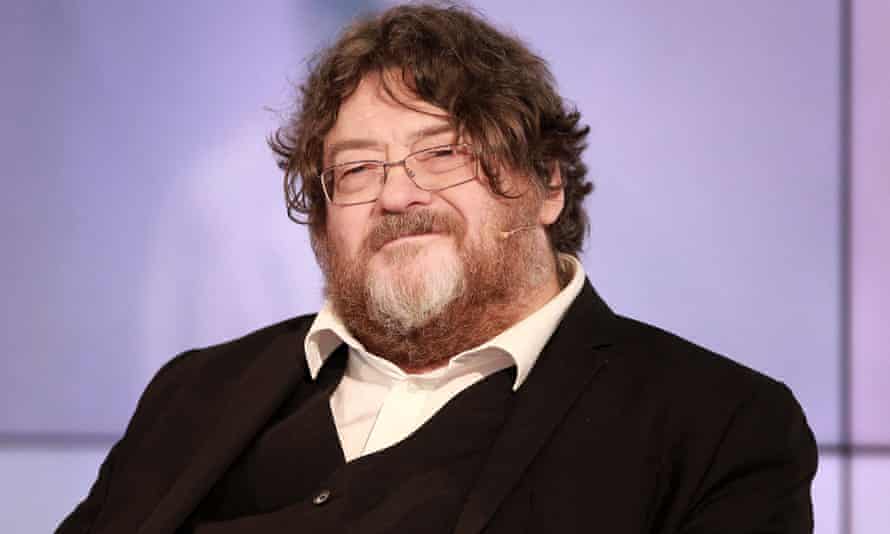
John Burnside
In the run-up to the 2014 referendum, I came to a conclusion that surprised me. A Yes-Yes man back in 1997, I had begun to feel wary of the uglier rhetoric around nationalism while, as a socialist and a sometime resident of England, I thought that if the usual cohort of egalitarian Scots were to leave Westminster altogether, the cynical and increasingly xenophobic brand of Toryism that had already taken root there would only gain in strength. Though in the end I could not decently vote against independence, I was moved to abstain – which in retrospect strikes me as more than a little evasive.
Today, post-Brexit, that Tory culture is more xenophobic and authoritarian than ever. At the same time, the probability that members of the current government used the pandemic to feather their own nests via lucrative contract deals only adds to a sickening atmosphere of corruption in English politics that has been growing more blatant for years. By now, England can be characterised not as the “demi-paradise” of which Shakespeare’s John of Gaunt speaks so wistfully in Richard II, but as a failed state “bound in with shame, / With inky blots and rotten parchment bonds”, a toxic society that has “made a shameful conquest of itself”.
That this is so gives me no pleasure – I partly grew up in England, and I love it – but it does clarify the current question of how best to proceed. Back in 2014, I would have proposed staying in the fight and trying to work with our neighbours to the south to pursue some greater good. Now, however, I suspect that the best way for Scottish folk to help our brothers over the border is to break the ties that have bound us together for three centuries, and let fate take its course. Perhaps we can provide some kind of example of an honourable attempt at a civic society – an attempt doomed to failure, no doubt, given the forces of globalised greed that we are up against, but what matters is that the enterprise should be honourable.
With these mental jottings in mind, then, I shall vote for independence – or rather, for separation from England – the first chance I get. I am not so naive as to pretend that Scotland hasn’t got a long way to go if it is to establish a just society. Still, we have to start somewhere, and I have to think that such a start can only be more hopeful if it is not muddled by interference from a toxic but far more powerful neighbour.
John Burnside’s latest poetry collection is Learning to Sleep is published by Jonathan Cape.
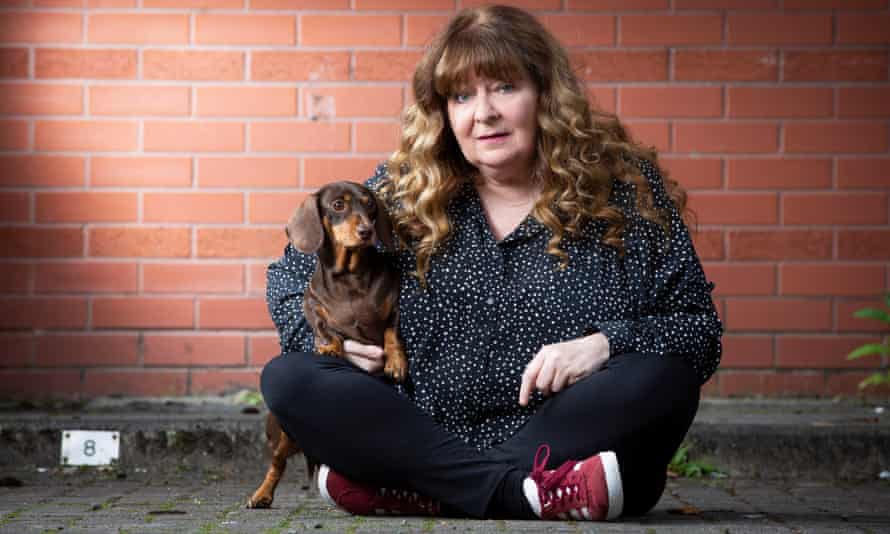
Janey Godley
There can be no stronger argument for Scottish independence than watching Dominic Cummings use a Spider-Man meme to explain why the UK government failed to deal with Covid 19. The Covid inquiry has so far been nothing but a litany of grave mistakes; and watching from Scotland, we laugh as we cry.
Scotland’s recent election returned another SNP majority, with 64 seats and a mandate to head into another referendum. Though if you watched the election results through the prism of the Scottish Tories, because SNP never received their desired 65 seats, Sturgeon’s party somehow lost. It’s all perspective, according to Douglas Ross, head boy of the Scottish branch of the Conservatives, even though the Tories haven’t won an election in Scotland as long as I have been alive and I am now 60 years old.
Politics in the west of Scotland have been very binary of late, dragging in football, flags and a healthy dose of sectarianism. As if this isn’t weird enough, we had Jayda Fransen from the far right turn up and get 46 votes in Glasgow’s Southside, after she spoiled for a street fight with Nicola Sturgeon in a video that went viral.
Laurence Fox had a comedian stand for his Reclaim party in the Glasgow district of Pollok, who only claimed 114 votes, though that’s quite a crowd in these Covid times.
The election for me was blighted by the George Galloway gang and Alliance4Unity, whose male members spent time pre-election trolling women on Twitter for speaking Scots and appearing “unladylike”. Not much unity there; apparently I have to stop swearing and wear an underskirt in case the sun reveals too much through my flowing skirts.
The SNP have released their blueprint for an independent Scotland, which includes plans to decriminalise drug use and reform the tax system to target high earners, as well as looser immigration rules and new green levies. SNP MSP Neil Gray explained: “One of the obvious and important lessons learned by producing this report during Coronavirus crisis is that huge changes can be achieved if the political will exists to be bold, dynamic and innovative.”
The pandemic has put many countries and their citizens to the test, so we can only hope Scotland will continue to thrive and find its own feet with the endurance test that independence will bring.
Many unionists try to peddle that a love of independence is a hatred of England, which we all know is complete rubbish and serves to divide people instead of applauding their ability to self-govern.
Boris Johnson has promised to “love bomb” Scotland in an effort to keep it in the union – I can only assume he will get it pregnant and marry it in haste. I am not sure, after the debacle of his Covid handling, that the Scots are ready for his love. I for one am looking forward to an independent Scotland.
Janey Godley is a comedian and writer.
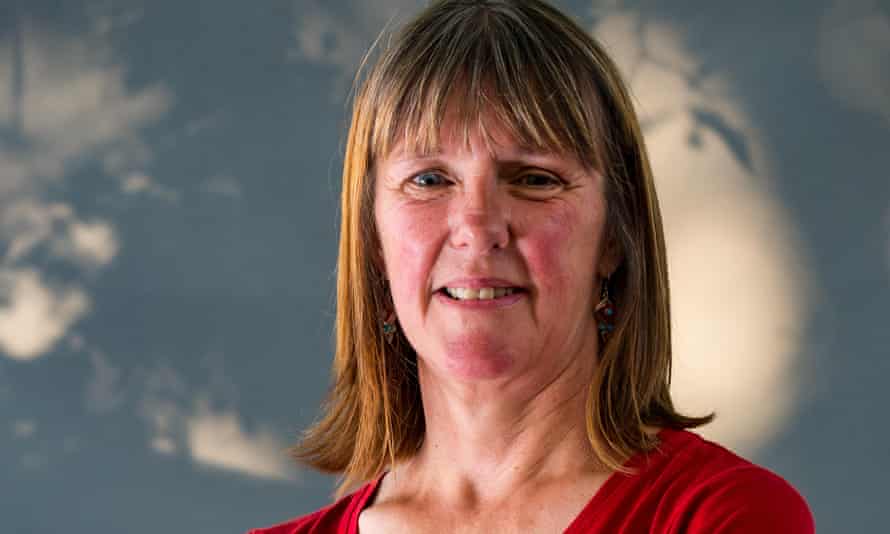
Kathleen Jamie
Just before the 2014 referendum I asked a dozen friends for a snap response to the question, “Where are we at?” I made a poem, of sorts, with their replies. Seven years on, with a pro-independence majority newly elected at Holyrood, I asked the same question.
-Rising once more, like sap on wish trees,
bark as bare as the Union’s defence.
-I do not recognise this precious Union of which they speak.
-How do I feel after this terrific victory for SNP and Greens?
HAPPY! An independent green horizon gives me hope.
-Unionists should stop confusing holding indyref2 with losing it.
-Scotland is a country; countries eventually grow sick of being ruled,
year after year, by leaders they did not vote for.
-We’re more patient than they think, more determined
than they realise, and we’re nursing a yearning
for change far bigger than they can possibly grasp.
-The closer you get to shore, the fiercer the waves.
-Scottish. Independence. Both are chimeras but I’m going their way.
-So much hope now, and a fear that comes with it too,
as well as a hope we’re not too feart.
-Here we are again. Again.
-This is now about survival.
-Second time plucky.
Kathleen Jamie’s essay collection Surfacing is published by Sort Of.
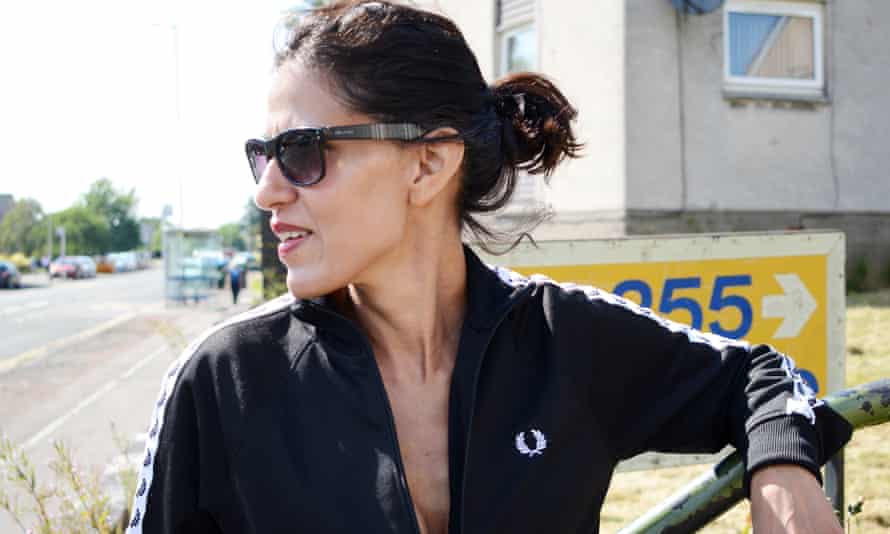
Jaimini Jethwa
Eeksie-peeksie, meaning equal or even. Share them out between ye, eeksie-peeksie, encapsulates our times; the point of the referendum is to make decisions about the equal share of resources and status. This makes me think about Gandhi’s views on independence. “Complete independence does not mean arrogant isolation or a superior disdain for all help.” I was born in Uganda, kicked out by Idi Amin, landed in Scotland. My family is fae the same village as Gandhi, I went to his gaff, I stood there thinking about his legacy, his fight, and how Dundee’s Whitfield social housing scheme smelled worse than Porbandar. Scotland gave me a home; my first play, Last Queen of Scotland, is my love letter to the Dee.
The world is going through vast metamorphoses, and the last thing we need is division. Progress now, or we become stagnant. Innovative thinking doesn’t mean wringing the same debates dry – it’s a racket, with scams all over the shop.
How do we empower ourselves and hear the voices of the most vulnerable and the next generation? I worked as a film-maker in the most deprived housing schemes in Scotland. The young people wanted to get in on it, the future of their country. They had this cultural outlet that empowered them, then that funding got stopped, I got canned.
Dundee is the largest drugs death capital of Europe. Least we have the V&A design museum. My sister’s a criminal lawyer; her clients use the V&A to abseil aff the roof, Spider-Man style.
The refugee thing has had this profound effect on my whole life, it made me “shut ma puss” in case I rattled people, rocked the boat. That’s why I wrote my new play Hindu Times. Politics is short, art is long. Everybody wants to get their values heard, if we speak up then what happens?
Who set the game up? Mahatma knows. According to the Buddhists, it takes 10,000 years to perfect the soul. According to Hindu Times, it takes one night locked in the Spar shop, Dundee.
Jaimini Jethwa is a playwright.
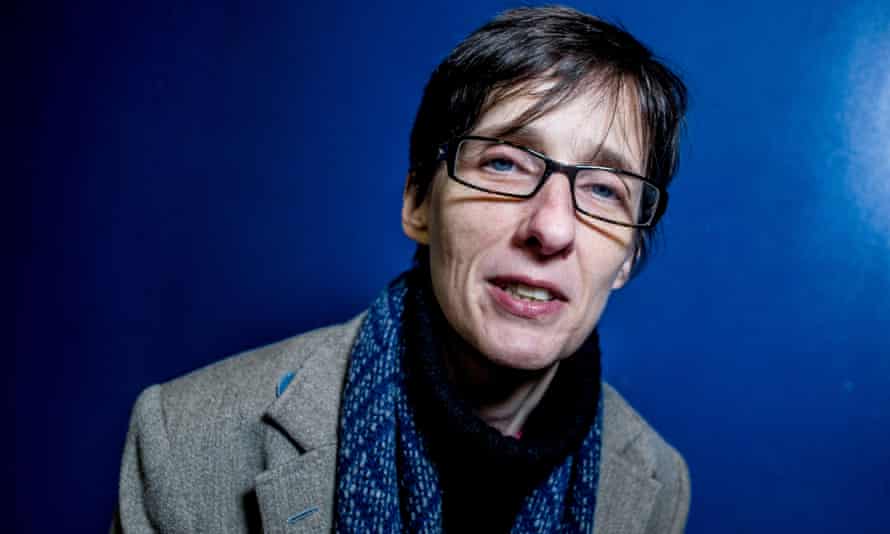
AL Kennedy
May saw another Scottish vote, another majority for parties favouring independence. This is unsurprising. Scottish Conservatives operate on the assumption that Scotland should try harder to be England and do vowels properly. The last independence referendum saw Tories warn that leaving the EU would be catastrophic for Scotland. Boris Johnson and Dominic Cummings then kicked the whole UK off the Brexit cliff with just over a quarter of the UK electorate – and very little of Scotland – in favour. Labour still mourns Scots seats it once took for granted as necessary to gain Westminster. Scotland’s voters simply moved on. Scottish Lib Dems haven’t recovered from the curse of Nick Clegg. This year they fielded a vile representation of all that’s wrong in UK political discourse, complete with Hitler salutes, and left the court under police escort. Vanity projects from Alex Salmond and George Galloway both slumped. But at least more people now know how to pronounce Alba – sadly, very few of them Alba members.
In England, the Green party is prospering, and there are signs of life in left-leaning Labour. Both might eventually offer a progressive way forward. But the middle ground is fast approaching a red, white and blue version of Salazar’s Portugal – you know: a dictatorship, but one that’s quite polite. England’s flag-riddled identity crisis continues, horrifying the majority of English people and their friends.
Scotland’s 1970s identity crisis preceded a cultural renewal, then devolution. Holyrood, while far less than perfect, operates on consensus and fact-based decision-making, rather than body bags, heckling and mass psychosis. And Scottish elections use proportional representation – the adult way to vote. This has helped mute GOP-style permadeception and ideological vandalism of the public good. Most important in the fight to keep reality real, the Murdoch/Dacre/Barclay non-dom media wield surprisingly little power. “Sturgeon Will Eat Your Children” headlines may not even run in Scotland – a rare UK example of a population dictating what they will tolerate.
Sturgeon, while also not perfect, has kept her party’s vision of self-determination inclusive and internationalist. Voting begins at 16, new arrivals to the Scottish project are welcomed and enfranchised. US and European media have understood and articulated the SNP/Green project in Scotland very well. UK audiences used to hearing UKIP and SNP in the same breath have an amount of catching up to do.
As Brexit’s impacts deepen, a future Scotland as an independent welfare state, restored to the EU, will increasingly appeal. How happy the actual future will be for Scotland and the UK depends on how morally centred and committed to democracy the UK’s media and political class can be. There may be trouble ahead.
AL Kennedy’s latest short story collection We Are Attempting to Survive Our Time is published by Jonathan Cape.
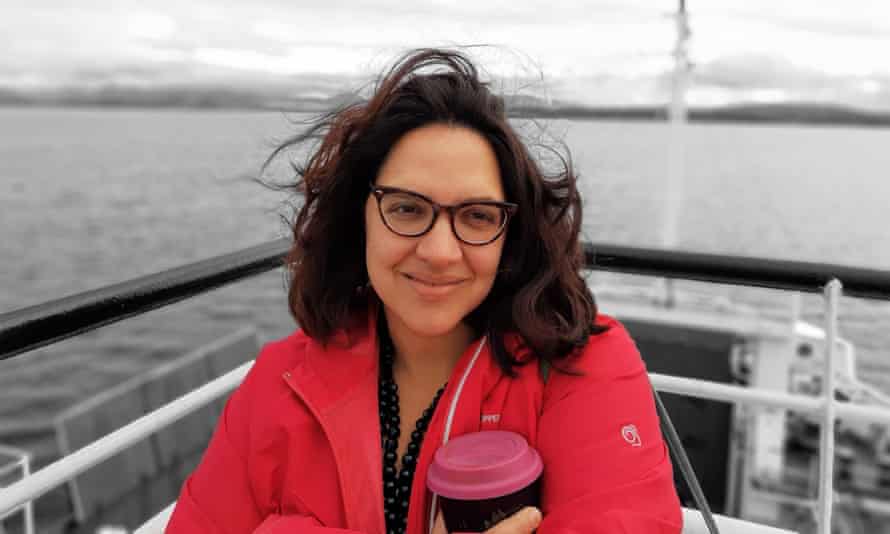
Hannah Lavery
With the global pandemic, the climate emergency, is it not wilfully blind to be obsessing about nationhood? Maybe, probably, most likely, and yet – can we not have better than this, do better than this, be better than this? Is this tie not one that strangles and holds us to a politics, to an ideology, to a future, that many of us here don’t want and can’t afford to embrace?
Independence, let’s face it, is a fallacy. Interconnected. Interdependent. Interwoven. International. European. Imagine not only a better country, but a better world.
A Scotland that is not tied to this United Kingdom. This eh? Team UK. This broken covenant? Led by showmen and charlatans. Driven by self-interest, xenophobia, and a nostalgia for a colonial past. Voted in by an English electorate that doesn’t seem to mind, or passionately supports, or chooses to ignore and holds its nose, or … What happened to you? Where did you go, friend?
Listen, I don’t think we Scots are intrinsically wiser, fairer, kinder – more woke. We have many of the same problems as our neighbours, especially social and economic inequality, and we certainly have the same racist legacies of our shared colonial past. I don’t want to be part of any flag-waving, rabid nationalism, a blind allegiance that refuses to examine itself, its past, its future, its responsibilities to the world. And it is for those reasons that Scotland’s independence movement appeals to me.
I am not totally sure that we have the luxury; the privilege of time, or the emotional energy, to have our politics, our civic spaces, our communities, divided and overwhelmed by another referendum campaign, especially one that is tainted by the Alba party’s bampot narrative. We are all exhausted. But if the conversation is one about how we will create a better society that works for us all, one that is progressive, welcoming and engaged with the world, if a referendum inspires us to think about how we better tackle our global, national and local emergencies, then I would welcome it. After this last year, what a thing it would be to talk about how we move forward with hope, and how we create a fairer sustainable future for us all.
And so, I suppose, I’m hopeful for a referendum, and perhaps, for an independent Scotland too, but only one that will be committed to doing the work, for social justice, and a positive outcome for our planet. I’m hopeful that things can be different for us all, wherever we live. But I live here, and so here is where I can start.
Hannah Lavery is a poet, playwright and short-story writer.
